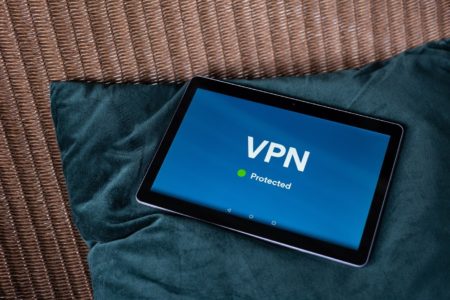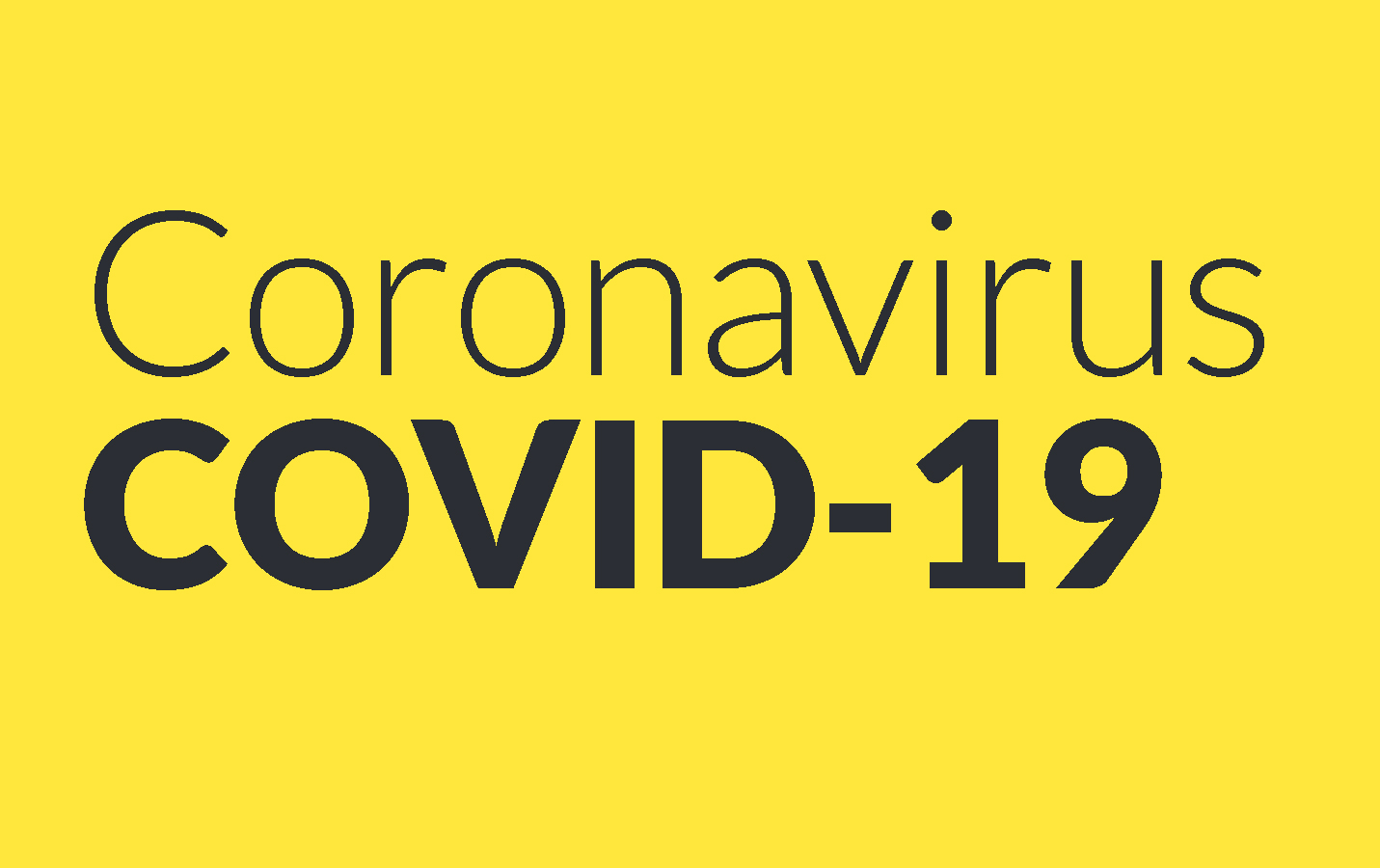13 April 2020
By Roger L. Kennedy
roger@TheCork.ie

Whether you are an Irish citizen or an ex-pat living in Ireland, there has never been a more critical time to get a VPN.
VPNs secure your internet connection and encrypt everything you do online. They also help to protect your online privacy and access sites that would otherwise be unavailable to you.
But how do you choose the correct VPN for you specifically for Cork or anywhere else across Ireland?
In this beginner’s guide, we will explain all the primary considerations to help you make the right choice.
1. No logs policy
Choosing a VPN with a no logs policy is essential if you a VPN that will ensure your online privacy.
A no logs policy means that a VPN provider is committed not to keep any records of what its customers are getting up to online.
That means they have no way of knowing what websites you visit, what streaming sites you use, and what you are doing online.
Even if the Garda or other law enforcement bodies get a court order, your VPN will not hand over your user details because the information simply doesn’t exist.
That, of course, doesn’t mean you should break any laws.
Most VPNs claim to have a no user logs guarantee, but how can you be sure they are telling the truth?
Many of the top VPNs have now submitted to independent audits to verify their no user logs policies are genuine.
Another way is to see if there is any history of a provider handing over user details. It’s best to do some research before simply signing up.
There are hundreds of different comparison websites for VPN services, but VPNCompare’s comparison article appears to one of the most honest.
2. Apps
Most people will access their VPNs through dedicated apps which can be downloaded onto your devices.
When choosing your VPN, one of the first things you should check is whether your VPN offers apps for all the devices you need to protect.
It is also worth looking at how the app needs to be set up and works.
Most VPNs offer simple, user-friendly apps for popular devices, but if you want to use your VPN on devices like Linux computers or servers, there can be a complicated manual set-up involved.
Also, take a look at what functions are available on their apps. Features like a kill switch, which will cut your internet if your VPN connection drops out, are crucial for online privacy but not all apps on all devices offer them.
Mobile apps can sometimes offer far fewer features than their desktop equivalents, but that’s no good if you are mostly going online on your smartphone or tablet. Make sure you can get the features you want on the devices you need them.
3. Your usage
What do you want to use a VPN for?
Different uses require different features and VPNs can be better suited to some tasks than others.
If security and privacy is your top priority, then you need to focus on features like encryption strength and no user logs guarantee.
But if you want to stream TV shows and movies from overseas or access online games not yet launched in Ireland, you might want to focus more on connection speeds and server locations, to make sure your VPN can unblock everything you want to watch.
If you are going to be using Wi-Fi networks on public transport or in coffee shops and shopping centres, encryption is the most important thing as these Wi-Fi networks are insecure and even novice hackers could see some of what you do online.
4. Avoid free services
It is tempting to choose a free VPN to save a little money. And, why pay for a service if you can get it for free?
The truth is free VPNs are not a patch on paid-for providers and usually offer far more security risks than they do protection.
Lots of free VPNs have been found to install malware and spyware when you download them. Many are packed with critical vulnerabilities that put your data at risk, while some don’t actually encrypt your information at all.
A study by Australia’s national science organisation found that 38% of studied free VPN apps contained some form of malware (source).
Free VPNs have to make money somewhere so they will often bombard you with adverts you don’t want. A lot will actually collect up your usage data and sell this off to anyone willing to pay for it.
Then there are the various service issues like slow speeds, limited data allowances, and insufficient and overcrowded servers. If you want to choose the best VPN, our clear advice is to avoid free VPNs at all costs.
5. Money-back guarantee
VPNs only cost a few Euro a month but signing up for an annual or multi-year is still a big commitment, especially when you haven’t had the chance to test out their service for yourself.
That’s why a money-back guarantee is a great feature as it allows you to get all your money back if you find your chosen VPN isn’t what you need.
Most premium VPNs will offer at least a 30-day money-back guarantee which gives you a month to try them out. But a few have stretched this to 45-days which offers you more than six weeks to decide.
Summary
Choosing the right VPN isn’t just a case picking the biggest name or the cheapest provider.
There are lots of variables that you need to think about to ensure you end up with the right VPN for you.
In this guide, we have highlighted the five main things that VPN beginners in Ireland should bear in mind.
There’s a lot of choices out there, but with these five factors in mind, you should have no trouble finding the most suitable for you.
221024 L


